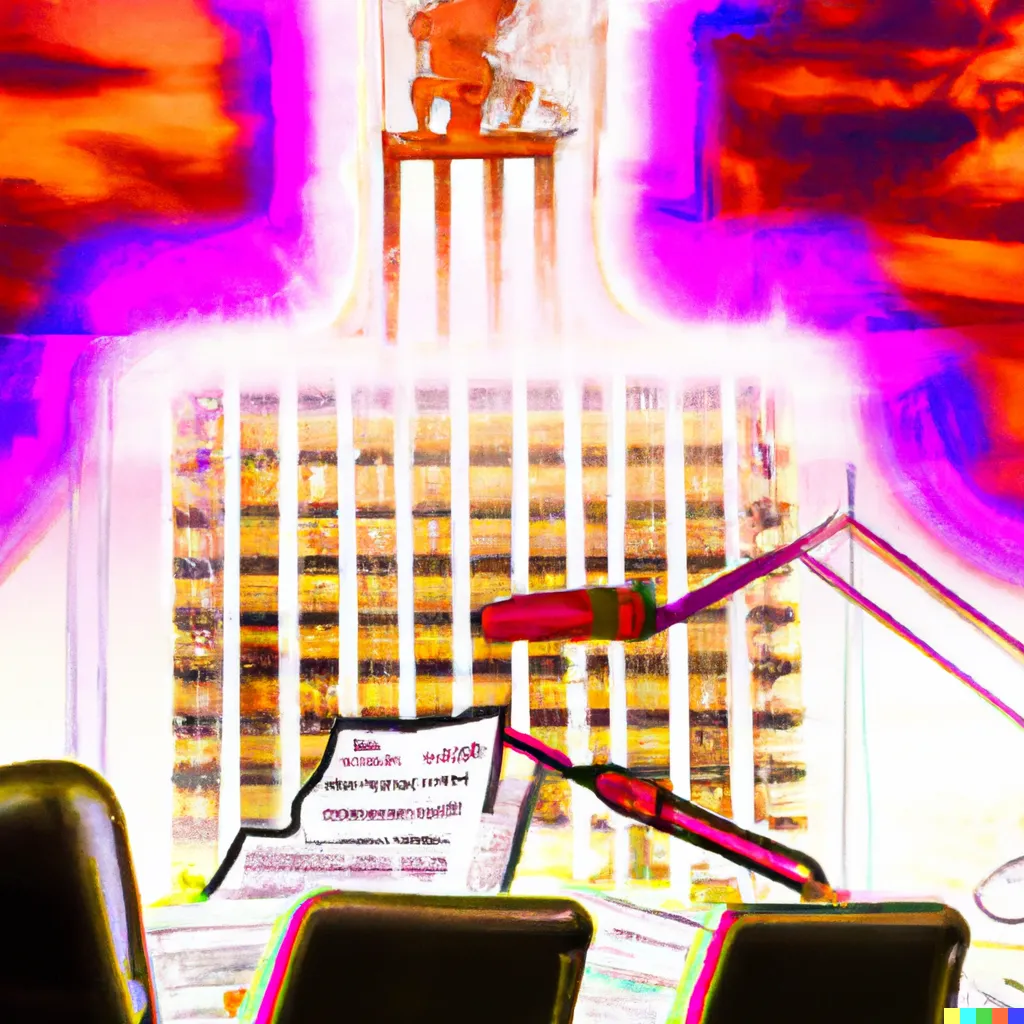
5 Ways Artificial Intelligence Can Be Utilized to Generate Better Responses to Patent Rejections
In the world of patent law, artificial intelligence (AI) is increasingly being used to generate better responses to patent examiner rejections than lawyers. AI-assisted patent prosecution is becoming more common as the technology continues to improve.
Here are five ways in which artificial intelligence can provide better replies to patent examiner denials than lawyers can.
1. An Examination of Vast Amounts of Inventive Material and Patent Information
To begin, AI is capable of quickly analyzing enormous volumes of data in order to detect patterns and trends in the denials made by patent examiners. Because of this, attorneys are able to immediately detect potential problems and devise tactics for responding to rejections. The use of AI can also provide useful insights on how to construct the most persuasive arguments in response to being rejected.
2. A Prior Art Search That Is Both More Accurate and More Comprehensive
Second, artificial intelligence can be used to produce prior art searches that are both more accurate and extensive. AI is able to scan through millions of patent documents in a short amount of time to locate the prior art that is most relevant, thereby assisting patent attorneys in developing the most compelling arguments in response to rejections.
3. Comprehensive Charts of All Claims
Thirdly, AI can be utilized to develop claim charts that are both more accurate and more thorough. Claim charts are utilized in the process of comparing the claims of a patent to the previous art in order to assist attorneys in the identification of potential problems with the claims. Artificial intelligence (AI) can swiftly develop claim charts that are more accurate and thorough than lawyers can, saving both time and effort.
4. Opinions Regarding Patentability
Fourth, artificial intelligence can be utilized to create patentability opinions that are more accurate and thorough. Opinions on patentability are utilized in the process of calculating the possibility that a patent will be approved. AI is capable of rapidly generating patentability opinions that are more accurate and thorough than those generated by lawyers, which helps to lower the likelihood of rejection.
5. Responses to Patent Rejections That Are Both More Accurate and More Comprehensive
Last but not least, AI can be utilized to provide answers to patent examiner rejections that are both more accurate and complete. AI is able to swiftly analyze the rejections and provide responses that are more accurate and thorough than those generated by lawyers, which helps to lessen the danger of rejections.
As the technology continues to advance, it is becoming increasingly customary to use AI to aid in the prosecution of patent applications. AI has the potential to develop replies to patent examiner rejections that are superior to those generated by lawyers, which will help to lower the chance of rejection and save time and effort.
Schell IP is a Denver patent law firm. Its mission is to leverage artificial intelligence in all aspects of the patenting process to create more valuable intellectual property assets.
If you would like to discuss a specific product concept requiring patent protection or speak with a patent lawyer, feel free to contact the Schell IP team.
If you would like to discuss a specific product concept requiring patent protection or speak with a patent lawyer, feel free to contact the Schell IP team.
The content of this website is not intended as legal advice. If you have any question pertaining to a specific matter, speak with an attorney.

